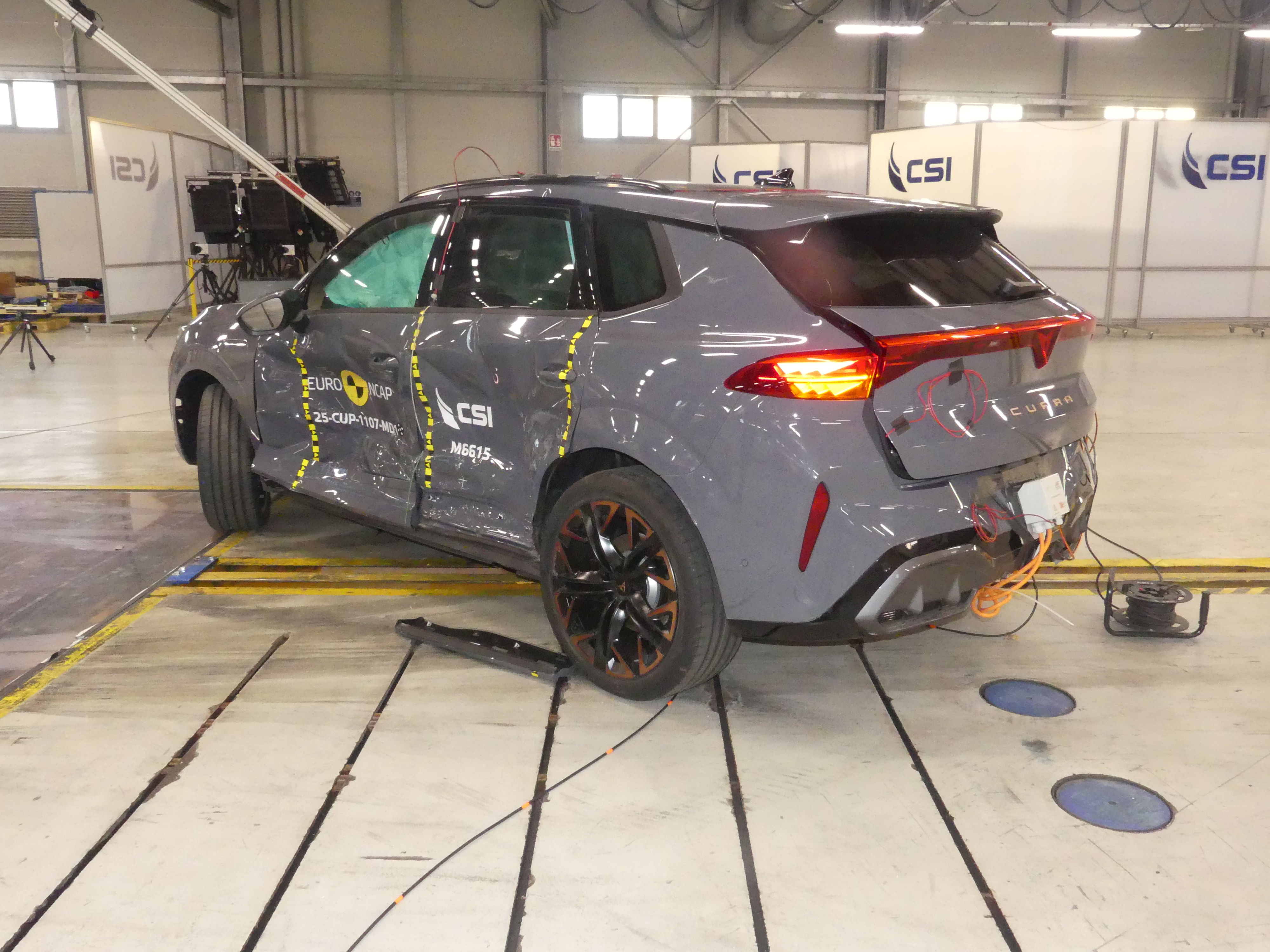Polestar’s 3 scores highly in latest round of Euro NCAP safety tests
Electric SUV was among several other SUVs tested.

Polestar’s electric 3 SUV has received a five-star rating and set a ‘new standard’ for child occupant protection in the latest round of Euro NCAP crash tests.
The 3, which joins the Polestar range alongside the 4 and 2, scored an 87 per cent safety rating overall but received praise for its child occupant protection, for which it got a 93 per cent rating – the highest score of any passenger car tested by Euro NCAP over the past nine years.
In addition, the 3 score 79 per cent for its protection of vulnerable road users and 83 per cent for its safety assistance systems.
Dr. Aled Williams, programme director at Euro NCAP, said: “The Polestar 3’s performance in the Child Occupant tests is tantalisingly close to a perfect score and shows how a commitment to the safety of all occupants can pay off in providing outstanding protection in the event of an accident.”
The 3 was among a number of other SUVs tested as part of this latest round. BYD’s Sealion 7 also scored a five-star rating and while it did match the Polestar 3’s 93 per cent child occupant rating, ‘didn’t perform as robustly in the other tests’, according to Euro NCAP.

Cupra’s new electric Terramar also returned a five-star rating, as did the new Geely EX5. The Chinese-made electric SUV, however, dropped points in child occupant protection due to a failure of its detection system to meet Euro NCAP’s requirements.
Honggi’s E-HS9 was also awarded a five-star safety rating – though a small tear was found in the driver’s airbag in post-test inspections – while Jaecoo’s 7 PHEV was also handed a five-star safety rating but lost points as a result of a side curtain airbag getting trapped in a section of pillar trim and failing to deploy properly as a result.





